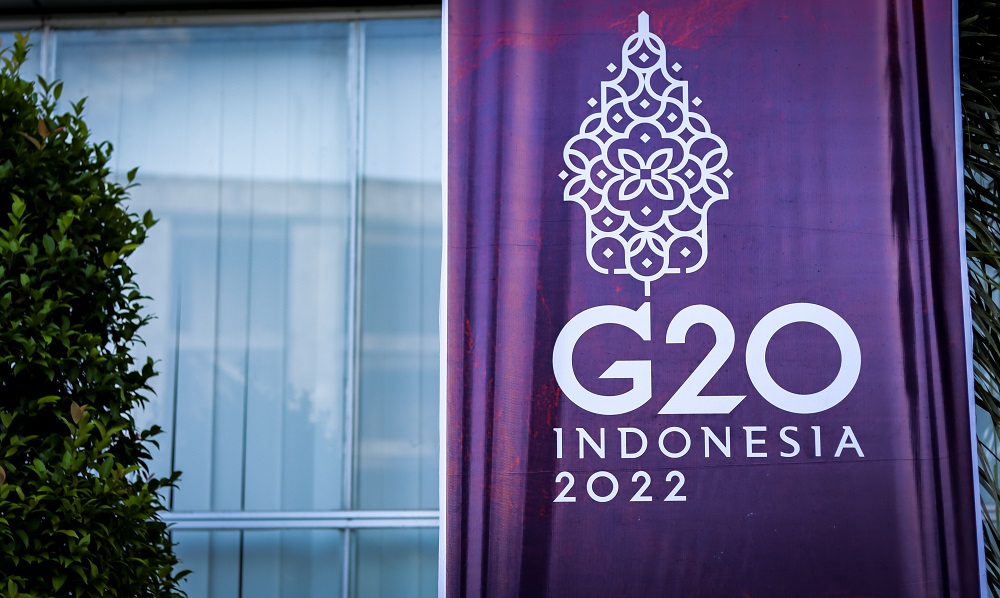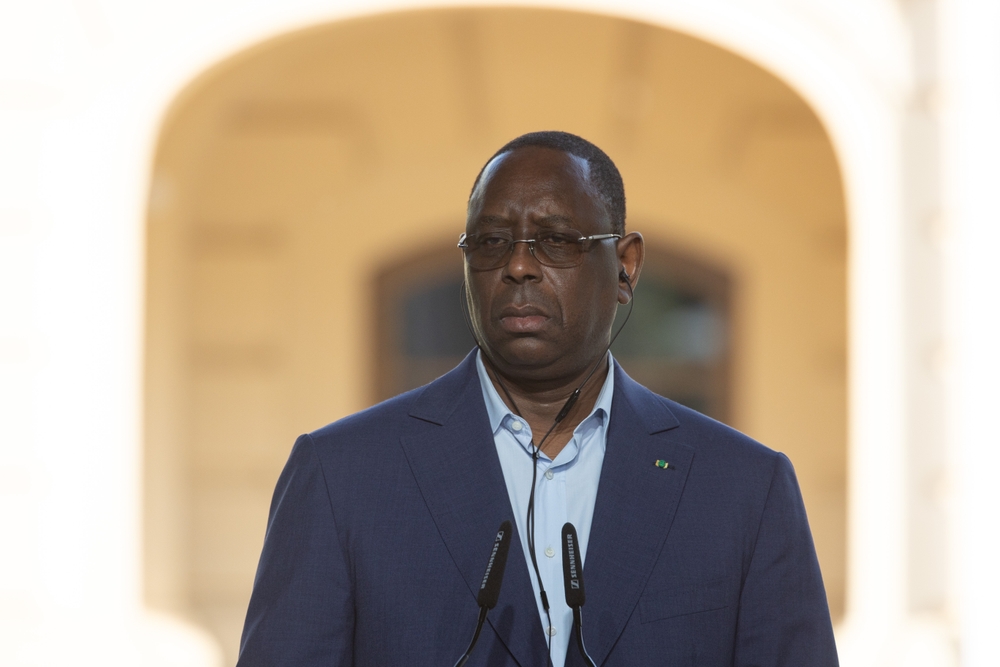PM Narendra Modi said that India will work with other G20 countries to close the digital gap and that India's G20 presidency will be "inclusive." New Delhi, will now play host to the G20 Summit in September 2023
Indonesia handed over the G20 Presidency to India at the closing ceremony of the 17th Group of 20 summit in Bali on Wednesday. President Joko Widodo of Indonesia officially passed the G20 chairmanship to Prime Minister Narendra Modi at the closing ceremony of the summit.
India will officially assume the G20 presidency from 1 December 2022 for a one-year period. The 18th Summit of the Group of Twenty will now take place in New Delhi in September 2023.
Prime Minister Modi while addressing at the closing ceremony at Bali, stated that it was a matter of pride for every Indian citizen and that, during India’s presidency. The summit would be held in various Indian cities and states, said the PM.
India’s G20 presidency will be “inclusive, ambitious, decisive and action-oriented, added PM Modi.”
India will assume the G-20 Presidency for the coming year. Our agenda will be inclusive, ambitious, decisive and action-oriented. We will work to realise all aspects of our vision of ‘One Earth, One Family, One Future.’ pic.twitter.com/fRFFcDqpzO
— Narendra Modi (@narendramodi) November 16, 2022
Modi said that global development is impossible without the participation of women and that India will continue to prioritise “women-led development” in its G20 agenda which would be based on the recently announced theme “One Earth, One Family, One Future.”
The PM also emphasised making digital technology more accessible to the underprivileged in order to improve their lives. He also talked about India’s technological efforts, which have helped millions of Indians, especially during the pandemic.
Emphasised on making digital technology more inclusive so that a meaningful change can be brought in the lives of the poor. Also talked about India’s tech related efforts which have helped millions of Indians particularly during the pandemic.
— Narendra Modi (@narendramodi) November 16, 2022
Earlier in the day, PM Modi and the other leaders visited a mangrove forest in Bali and planted saplings, according to a tweet posted on the PMO official handle.
PM @narendramodi and other G20 leaders visited a mangrove forest in Bali, giving a strong message of coming together to tackle climate change and boost sustainable development. India has also joined the Mangrove Alliance for Climate. pic.twitter.com/vyJX79CEAp
— PMO India (@PMOIndia) November 16, 2022
The 17th two-day G20 Leaders’ Summit, chaired by Indonesia took place in Bali, on November 15-16, 2022.
The G20 consists of Argentina, Australia, Brazil, Canada, China, France, Germany, India, Indonesia, Italy, Japan, Korea, Mexico, Russia, Saudi Arabia, South Africa, Turkey, the United Kingdom, the United States, and the European Union.
Edited by Tanmoy Mitra



